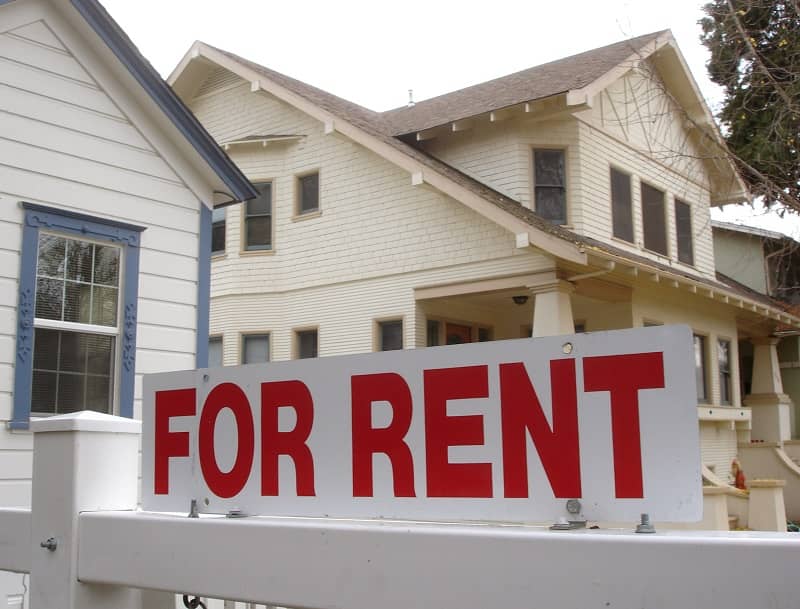By Stew Robertson
The City of Portland’s housing state of emergency, first declared in October 2015 and recently extended into next year, is set to turn six years old this fall. Over the course of two mayors, we were told the declaration would expedite the building of affordable housing and help alleviate our housing shortage.
By that measure the city has failed. In fact, the city has taken steps to make things worse. One of these steps was 2017’s “inclusionary zoning” ordinance.
Portland’s inclusionary zoning law requires developers of any project over 20 units to set aside at least 10-20% of those units for low-income housing.
The result? The number of permits for new housing units has plummeted from almost 7,400 in 2017 to under 1,800 in 2020. In the same period, the mandate has resulted in the creation of only 237 affordable units in the entire city.
Because the majority of households below the Area Median Income are still renting at market-rate, suppressing these developments under the guise of creating more “affordable” housing is a betrayal of these people. While the 200 or so families who do receive subsidized units will benefit, thousands of families will see their already-high rent continue to skyrocket.
Portland needs to stop with its “affordable housing” fantasy, and instead work toward making housing affordable for everyone. One way to start is by getting out of our own way and stop handcuffing developers who are trying to provide it.
Stew Robertson is a Research Associate at Cascade Policy Institute, Oregon’s free market public policy research organization.













David Jones
What Portland’s “Affordable Housing” geniuses don’t understand (or won’t admit) is that if all the developers built million dollar mansions instead of ticky-tacky boxes they would all sell like hotcakes and the pressure would be relieved on existing housing, magically turning older, once unaffordable, housing more affordable. People are more upwardly mobile than they would like to admit. This process eventually affects the truly low rent units as renters move into better digs.
Portland needs some leaders with the ability to visualize this and realize that the city’s inane policies are self defeating.
Mark George Warner
If we look at the wide array of goods and services that are available to today’s consumers, we see that a major portion of them, including grocery items, clothing, shoes, and electronic gadgets come in various levels of quality that accommodate a wide range of affordability among consumers. Evidently there are plenty of entrepreneurs who have found the provision of not only expensive grades of certain goods for the well-off, but also cheap grades of the same goods for those of lesser means to be profitable ventures.
So why hasn’t this same outcome been achieved with housing? Do most home builders not anticipate the construction of homes for low-income people to be sufficiently profitable, and if so, why not? Are the artificially low mortgage rates resulting from the Fed’s highly inflationary monetary policy, which tend to disproportionately benefit the wealthier classes by especially juicing up the demand for large and luxurious homes, a contributing factor to this situation? And what effect do zoning regulations that restrict the construction of multi-family homes in certain neighborhoods have on the low supply of affordable housing? If solid answers to these questions can be laid down and widely acknowledged, then perhaps a solution to the current affordable housing crisis in Portland and in many other U.S. cities may be at least half-way attainable.